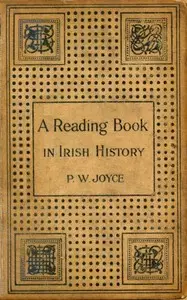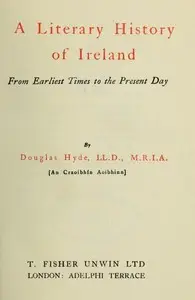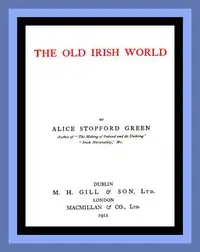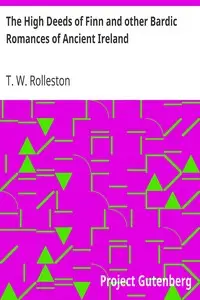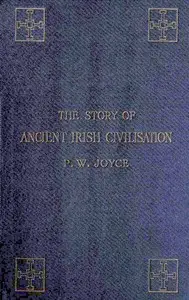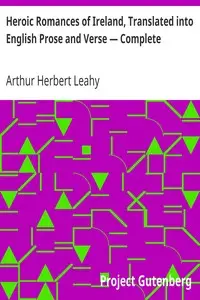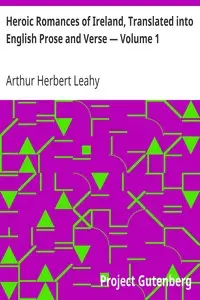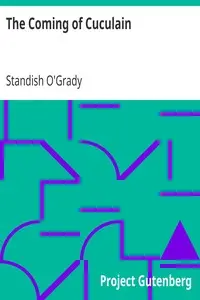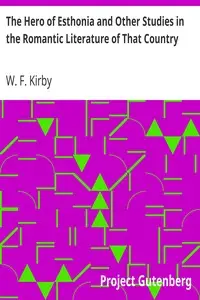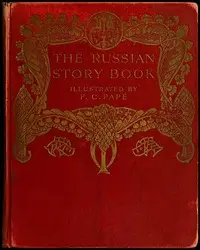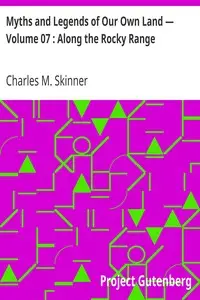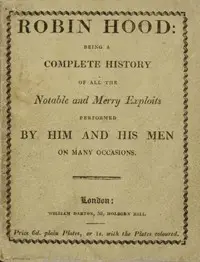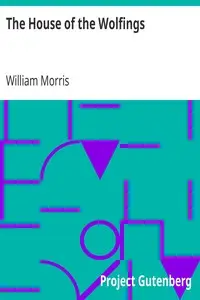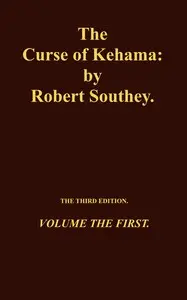"Early Bardic Literature, Ireland" by Standish O'Grady is a historical exploration of Ireland's ancient stories and poems. The book shines a light on the tales of legendary Irish kings and heroes, like Cuculain, whose lives are woven into the country's history and transmitted through traditional oral and written forms. O’Grady sets the stage by looking at Ireland's ancient burial sites, underscoring how these physical monuments are deeply connected to vivid stories, unlike the vaguer histories connected to burial sites in other parts of Europe. He shows how Irish storytellers have kept their history alive through memorable narratives, highlighting the importance of these traditions in understanding Ireland's cultural identity and suggesting that every ancient monument is a connection to Ireland's rich literature.
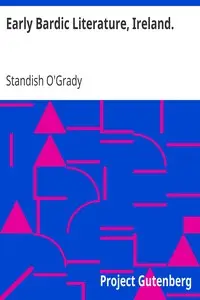
Early Bardic Literature, Ireland.
By Standish O'Grady
Discover the captivating stories of ancient Irish heroes and kings, preserved and passed down through generations of poets and storytellers.
Summary
About the AuthorStandish James O'Grady was an Irish author, journalist, and historian. O'Grady was inspired by Sylvester O'Halloran and played a formative role in the Celtic Revival, publishing the tales of Irish mythology, as the History of Ireland: Heroic Period (1878), arguing that the Gaelic tradition had rival only from the tales of Homeric Greece. O'Grady was a paradox for his times, proud of his Gaelic heritage, he was also a member of the Church of Ireland, a champion of aristocratic virtues and at one point advocated a revitalised Irish people taking over the British Empire and renaming it the Anglo-Irish Empire.
Standish James O'Grady was an Irish author, journalist, and historian. O'Grady was inspired by Sylvester O'Halloran and played a formative role in the Celtic Revival, publishing the tales of Irish mythology, as the History of Ireland: Heroic Period (1878), arguing that the Gaelic tradition had rival only from the tales of Homeric Greece. O'Grady was a paradox for his times, proud of his Gaelic heritage, he was also a member of the Church of Ireland, a champion of aristocratic virtues and at one point advocated a revitalised Irish people taking over the British Empire and renaming it the Anglo-Irish Empire.

